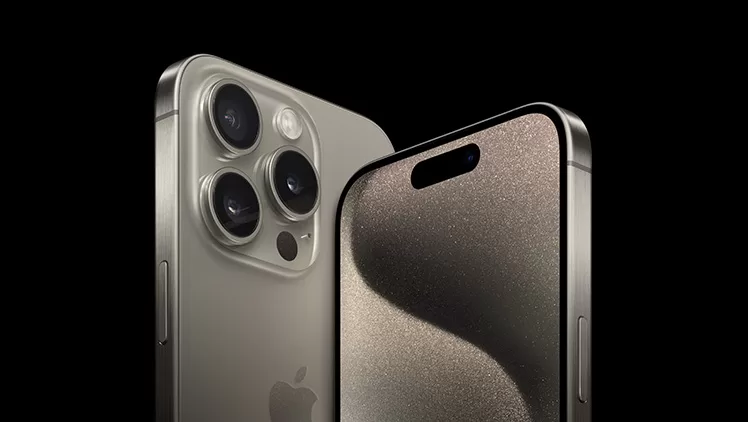Washington is expanding its offensive to prevent China from profiting from the flagships of the semiconductor sector. Japan and the Netherlands are thus on the verge of tightening their sanctions. But, this strategy has a long-term risk.
It seems that US diplomatic efforts to stem China’s access to the ultimate in semiconductors are paying off. In its edition of January 26, 2023, the press agency Reuters signals the imminent rallying of two countries to the American policy of controlling certain exports: Japan and the Netherlands.
Washington takes a dim view of Beijing’s technological emergence, synonymous with calling its lead into question. America began a pivot in 2009 and is increasingly focusing its attention on Asia-Pacific. To avoid a direct confrontation, the weapon of restrictions is used, as it is a way to slow down Chinese military development without risk.
The Western advance as a brake against China
However, it turns out that the United States and a few other countries have an edge and know-how in semiconductors that China does not have — at least not yet. The main companies that matter are also in the Western camp, in the broad sense. This is the case of the USA, but it is also the case of the Netherlands and Japan, which host a few key players.
Thus, it is indicated in the dispatch that The Hague will extend the restrictions imposed on ASML while Tokyo will do the same for Nikon Corp. These two countries are also home to other jewels in this sector, such as NXP Semiconductors for the Netherlands and Renesas Electronics, Toshiba and Tokyo Electron for Japan.
ASML is perhaps the most strategic and sensitive asset. It is the only company capable of manufacturing machines capable of implementing the technique of extreme ultraviolet lithography (EUV lithography), which allows miniaturization never seen before. Each machine weighs 180 tons, takes months to manufacture and costs more than 100 million euros.
In fact, ASML has an essential skill in this field and the White House knows it well. This is why the American effort is focused on The Hague, in order to curb the possibility of China having access to the most advanced generations of chips. Pressures on ASML date back to 2020at least, and continued over the months.
ASML has limited exposure to China — in 2021, the Chinese market accounted for 15% of ASML’s total sales, far behind Taiwan (39.4%), and South Korea (33.4%), two other heavyweights of this industry. In addition, only 3% of ASML’s research and development is located in China. The bulk is in the Netherlands (72%) and the United States (21%).
China has an industrial fabric in semiconductors, with companies such as SMIC, Hua Hong, Tsinghua Unigroup and JCET. Some of them enjoy notable support from the Chinese government, such as the first three. But their mastery is less accomplished than the international flagships. They are thus a few generations behind in terms of fine engraving.
According to Chris Miller, author of a study on the war around semiconductors, quoted in the journal The Great Continent“ [le président chinois] Xi Jinping is more worried about having to endure a blockade measured in bytes than in barrels. Dependence on imported semiconductors is China’s greatest economic and geopolitical vulnerability. »
A double-edged policy
It has long been established that China’s trade balance is very loss-making on semiconductors. In value, it imports more than oil. However, notes Chris Miller, “ the country capable of producing more advanced semiconductors will also have a serious military advantage “. Progress in this field is linked to technological advance.
There remains, however, a medium and long-term risk, over which the United States would no longer have control: the decoupling of the two countries in this field. Just as bacteria are becoming increasingly resistant to drugs, sanctions in this area are unlikely to have much effect one day, if Beijing manages to catch up.
This is the warning of the boss of ASML. By dint of pushing China to its limits, these levers could end up disappearing, becoming insensitive to these measures, like the super-bacteria giving medicine a hard time. ” If they cannot get these machines, they will develop them themselves. It will take time, but in the end they will get there. »


